HotSpots H2O: Famine Risk Increases in South Sudan as Floods Ravage Harvests
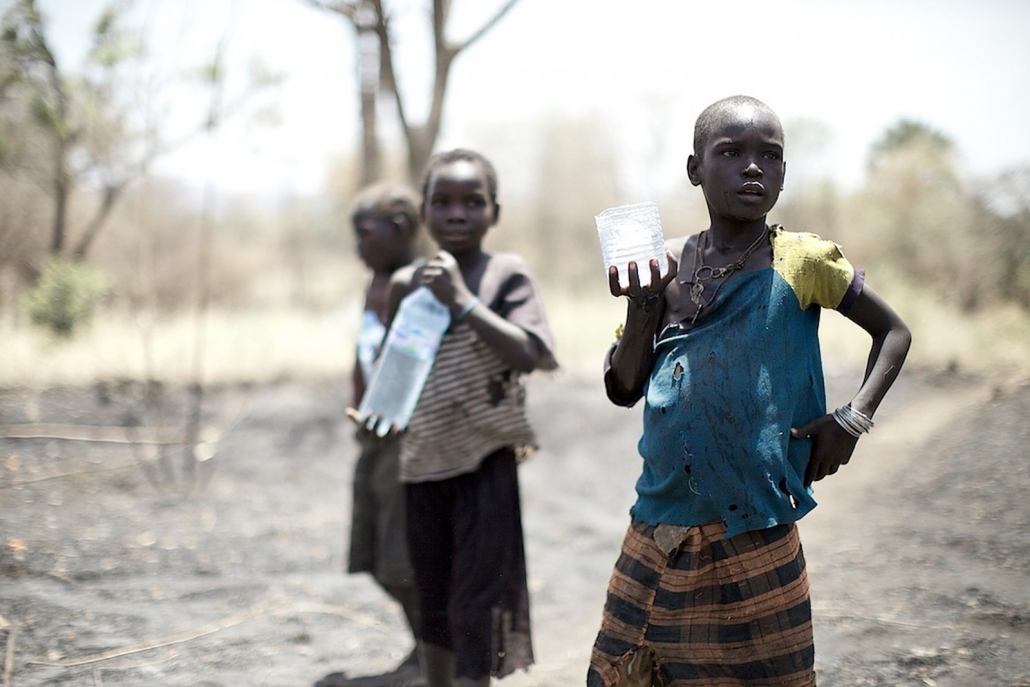
Girls collect water from a recently opened bore hole in South Sudan. Photo courtesy of Flickr.
Life in South Sudan continues to be a struggle. After being hit by drought and then severe flooding, the Nile basin country now faces widespread food insecurity. The UN’s food aid organization estimates that 5.5 million people are at risk of going hungry at the beginning of 2020.
Drought struck the young nation earlier this year, followed by several months of devastating floods. The high waters, which prompted a state of emergency in three regions in October, have affected almost one million people. They also decimated nearly 73,000 metric tons of potential harvests.
Complicating the situation is the ongoing conflict in the country, which has been raging on and off since South Sudan gained independence in 2011. The conflict, coupled with back-to-back disasters, has left the country with meager food supplies.
“South Sudan is in trouble, serious trouble,” said David Beasley, executive director of the World Food Program, in an interview. “Not just because of the conflict but because of the rains and the flooding that has hit in the last few months. It is much worse than we had anticipated.”
Beasley warns that famine may be on the horizon without quick funding.
“In fact,” he continued, “if we don’t get $100 million in the next few weeks…we are literally talking about famine in the next few months.”
If received, the funds will go toward buying and pre-positioning food stocks before the rainy season in May. In total, the WFP says $270 million is needed in the first half of 2020 in order to stave off famine.
Humanitarian organizations are also renewing calls for peace in South Sudan. In early December, violence in the country’s northern Lakes region left 79 people dead and more than 100 injured. UN peacekeepers were sent to the flood-stricken area via helicopter.
“This fighting must stop,” declared David Shearer, head of the UN mission in the country. “We are urging the communities involved and their leaders to put an end to the violence and to come together in reconciliation and peace for the good of their people.”
UN High Commissioner for Refugees Filippo Grandi echoed the sentiment, saying that residents “long for lasting peace.”
The warring parties signed a peace agreement last year, but so far, clashes have continued.
Kayla Ritter is a recent graduate of Michigan State University, where she studied International Relations and Teaching English to Speakers of Other Languages. She is currently based in Manton, Michigan. Kayla enjoys running, writing, and traveling. Contact Kayla Ritter

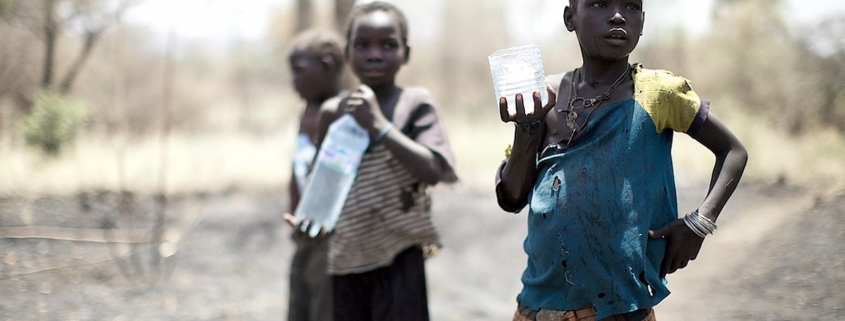

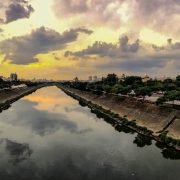
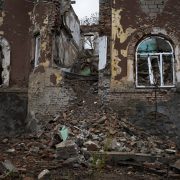
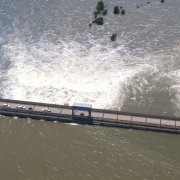
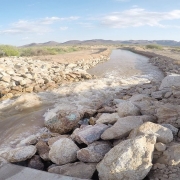

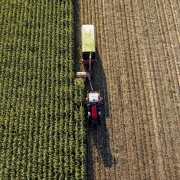


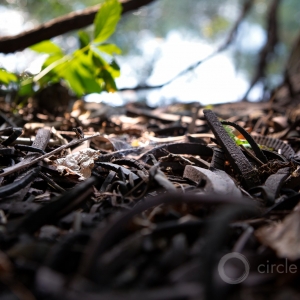

Leave a Reply
Want to join the discussion?Feel free to contribute!